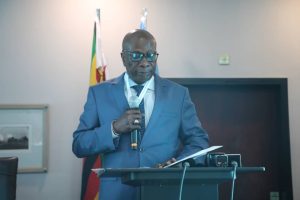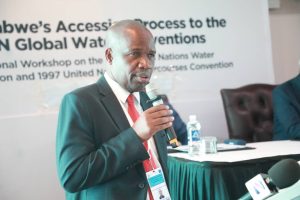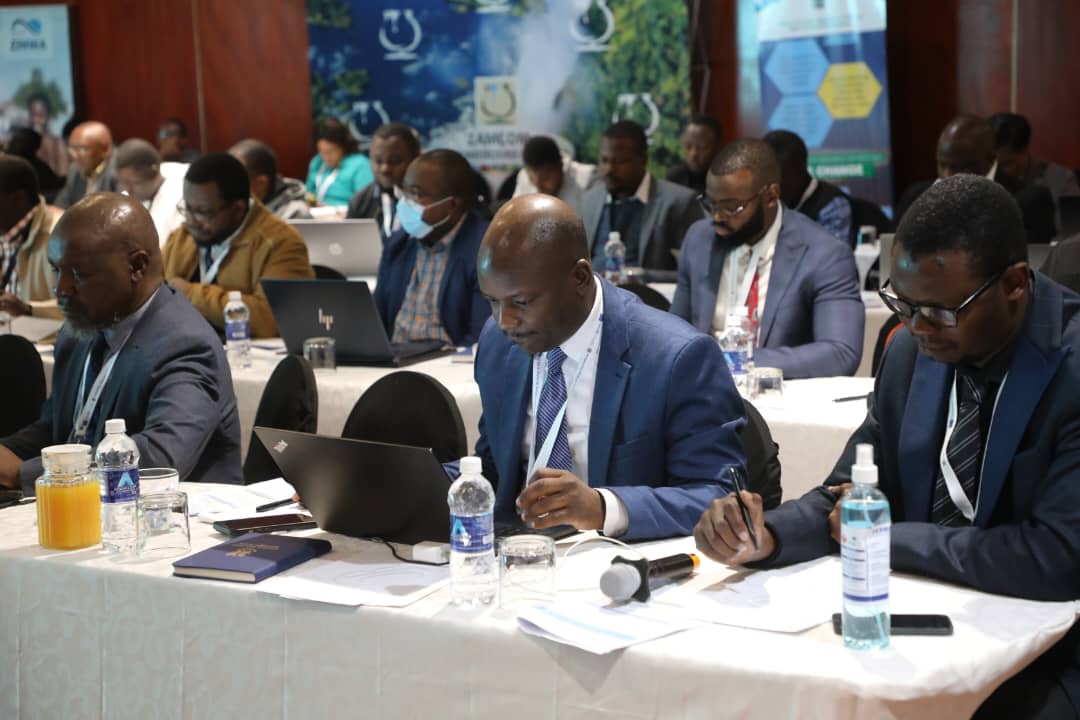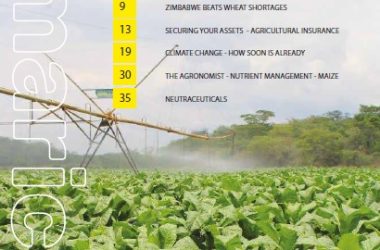In this story:
- Zimbabwe lies entirely within transboundary river basins
- Transboundary water cooperation is inevitable
- Key takeaways from 2-day workshop
ZIMBABWE is making “solid investments” in the areas of dam construction, groundwater extraction and improving access to water by both rural and urban communities as 11 dams across the country are under construction, a development that will usher in a new trajectory in terms of equitable access to the resource by all citizens, according to Lands, Agriculture, Fisheries, Water and Rural Development Minister, Dr Anxious Jongwe Masuka.
Dr Masuka was speaking at the national stakeholder consultative workshop on Zimbabwe’s accession to the 1992 Convention on the Protection and Use of Transboundary Watercourses and International Lakes and the 1997 Convention on the Law of the Non-Navigational Uses of International Watercourses (collectively, the UN Water Conventions), held on 17 and 18 June 2024.
“In the transboundary context, this infrastructure will play a crucial role in flood attenuation which will be quite useful to downstream riparian states especially now that we are witnessing reoccurrence of these floods throughout the region due to climate change,” said Dr Masuka.
Zimbabwe lies entirely within transboundary river basins with a total of six (6) transboundary river basins
and one international water lake while the number of transboundary aquifers is yet to be ascertained.
Transboundary water cooperation is thus inevitable for ensuring peace and security, maintaining international water relations, building mutual cooperation, sustainable development and increasing climate change resilience among the peoples of the concerned countries.
In an effort to promote international cooperation over shared waters, Zimbabwe has signed regional and bilateral basin agreements. Zimbabwe is party to the African Ministers Council on Water (AMCOW) and the 2000 SADC Revised Protocol on Shared Watercourses.
At bi-national level, Zimbabwe has two commissions specifically dealing with water with South Africa and Mozambique and a Memorandum of Understanding with Botswana. We are also party to the Zambezi River Authority responsible for managing the Kariba dam and the associated hydrology of the Zambezi River.
What is the UN Water Convention?
The Convention on the Protection and Use of Transboundary Watercourses and international Lakes (also called the UN Water Convention) is a global legal framework adopted in 1992 and open to all United Nations member status sieve 2016
The UN Water Convention aims to protect and ensure the quantity, quality and sustainable use of these transboundary water resources by facilitating and promoting cooperation.
United Nations Resident and Humanitarian Coordinator, Edward Kallon said ascension to the Convention will enable support from the Community of Parties, facilitate sharing of experiences with basins and other countries, financing access, and raise the international country profile on transboundary waters.
 “The Convention on the Protection and Use of Transboundary Watercourses and International Lakes (Water Convention) aims to protect and ensure the quantity, quality and sustainable use of transboundary surface waters and groundwaters by strengthening transboundary water cooperation.
“The Convention on the Protection and Use of Transboundary Watercourses and International Lakes (Water Convention) aims to protect and ensure the quantity, quality and sustainable use of transboundary surface waters and groundwaters by strengthening transboundary water cooperation.
“Consequently, for Zimbabwe to achieve SDG 6.5 and to contribute to ensuring availability and sustainable management of water and sanitation for all, transboundary water cooperation is not a maybe but a MUST for Zimbabwe and its neighboring riparian states,” said Kallon.
“As the United Nations, we applaud the Government of Zimbabwe’s commitment and long record of transboundary water cooperation for the sustainable management of its shared freshwater resources,” he added.
 Chief Director, Water Resources Irrigation Development and National Washp Coordination on Zimbabwe’s Accession to the UN Global Water Conventions, Tinayeshe Mutazu, said key take aways from the workshop include the need for investment in the area of groundwater, as this is an area that is not well researched especially in the transboundary context on shared aquifers.
Chief Director, Water Resources Irrigation Development and National Washp Coordination on Zimbabwe’s Accession to the UN Global Water Conventions, Tinayeshe Mutazu, said key take aways from the workshop include the need for investment in the area of groundwater, as this is an area that is not well researched especially in the transboundary context on shared aquifers.
Other key outcomes include the need for member states to invest in robust hydrological and hydrometeorological equipment to increase coverage and quality of data that is shared between member states, strengthening information management and sharing at transboundary level.
“The issue of gender inclusion was also touched on, with an emphasis on the need for strategies to promote inclusion of women in influential positions in transboundary water resources management. It is clear that the Zimbabwe’s accession to global water conventions will be a useful tool in addressing some, if not all, of the challenges and issues that are emanating in the transboundary water management space,” said Mutazu.












